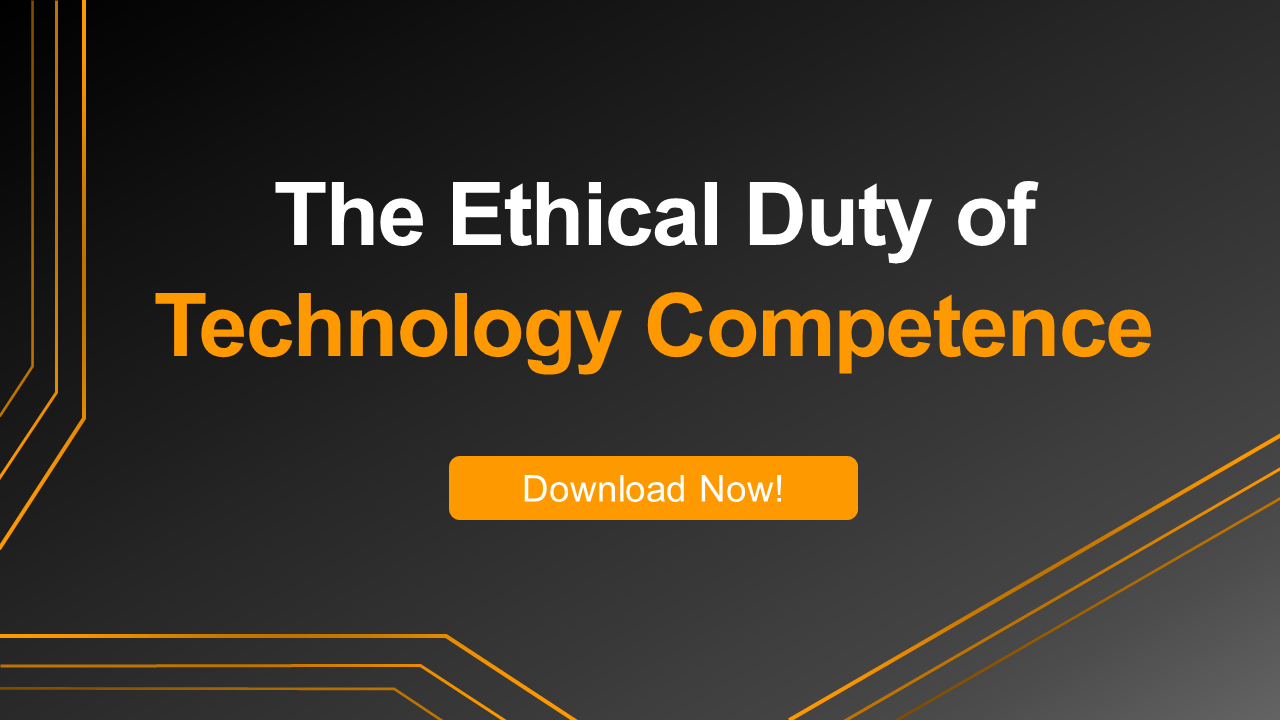Contrary to what many lawyers believe, paralegal work is not synonymous with clerical work. A well-trained paralegal can draft documents, investigate claims, engage with clients, and more. Each of these skills is high value for any law firm, and these are the types of skills Keith Shannon teaches in the Paralegal Technology Department at Central Piedmont Community College. In this interview, Keith explains how he moved from practicing law to teaching paralegals and the types of challenges he trains the paralegals in his program to meet.
What is your role and how did you get to where you are today?
I am beginning my 20th year as an instructor in the Paralegal Technology Department at Central Piedmont Community College in Charlotte, N.C., where I teach legal writing, civil litigation, law office technology, and legal ethics. Before that, I practiced law in Kentucky and South Carolina, with a fairly wide range of practice experience, with my concentration being in civil litigation and workers’ compensation.
My career path to teaching is one of those “happy accident” stories. I had written some articles for legal publications, which led me to be asked to speak at a CLE conference. I wanted to make my segment memorable, so I incorporated lots of humor and a few magic tricks into my presentation. Shortly after that presentation, I noticed an ad seeking seminar leaders for SkillPath Seminars. I sent them a tape of the CLE segment, and before I knew it, I was traveling all over the eastern U.S. doing full-day seminars on time management and employment law. I fell in love with the teaching world and sought out part-time teaching opportunities, which eventually landed me the full-time position at Central Piedmont.
What inspired you to teach paralegals? Why do you think formal paralegal training is important?
Early in my career, I was lucky enough to work with fantastic paralegals, and I quickly realized how valuable paralegals can be to a successful practice. I knew that, to be most effective, paralegals need to have not only a specific set of practical skills, such as communication, organization, and technological skills, but that they also need to have a solid working knowledge of the legal specialty in which their firm is practicing. In addition, they need to be aware of the potential ethical pitfalls that exist for paralegals involving issues such as client confidentiality and unauthorized practice. Formal training is the most efficient and effective way to ensure that a paralegal is well-equipped in these areas.
What are the top 3 skills a paralegal must have for success?
Organization/Time Management: A paralegal needs to have a system or method for organizing and efficiently dealing with tasks and deadlines. Even the most highly skilled and knowledgeable paralegal can be a detriment to a firm if he or she cannot keep track of the projects and deadlines involved in a legal practice. But a highly organized, efficient paralegal can not only benefit a firm from an individual standpoint but can help implement those skills throughout the office to improve the overall effectiveness of the firm.
Communication: Like lawyers, paralegals are professional communicators. Their communication—particularly their writing—must be clear and concise. Paralegals will often be called upon to draft a wide variety of documents, and, even though the lawyer is ultimately responsible for those documents, the ability of a paralegal to effectively communicate has a tremendous impact on the firm’s efficiency and effectiveness.
Technological Competence: At the very least, a paralegal needs to be competent in the basics of the Microsoft Office Suite. (I am amazed at how many paralegals and lawyers are unaware of the proper use of styles, quick parts, templates, and macros—very basic features of Microsoft Word that can streamline a practice.) Beyond that, paralegals need to be comfortable with learning new software applications, such as practice management programs and e-discovery technology.
Where can paralegals make the most difference in legal practice?
Speaking from the perspective of a civil litigation/workers’ compensation lawyer, I see the paralegal as making a huge difference in client interaction and communication. Those practices tend to be high volume, fast paced, and, for lack of a better word, high drama. Clients often need guidance and reassurance that their cases are being taken seriously and that their problems are being resolved. A paralegal who is organized, knowledgeable, and empathetic can make a world of difference in that practice by reaching out to clients, calming them down, and ascertaining their needs and concerns.
What are the most important technology skills that paralegals must have?
As stated above, just a simple, basic understanding of computers in general—and Microsoft Word and Adobe Acrobat in particular—can go a long way in increasing the productivity of a practice and in preventing malpractice. For example, we all know that often a paralegal will be told to use a previous pleading or letter as a “go-by” to use in drafting a new document, risking retaining information from the previous document in the new one, which is potentially malpractice. There have been news stories of improper redaction resulting in the release of confidential information. A basic understanding of templates in Word or the redaction feature in Acrobat can result in those functions being performed more efficiently and safely. Beyond that, though, paralegals should generally understand the way computers work, be comfortable with “work-arounds,” and be flexible in learning and utilizing new applications. Paralegals will usually be having the most exposure to any new technology acquired by the firm, so the more comfortable they are with technology and the more flexible they are in learning new software applications, the easier it will be to implement the new technology.
What is the biggest misconception that individuals have about paralegals?
The biggest misconception is that paralegals are clerical staff. And, although a paralegal may perform clerical duties—and make no mistake, clerical staff are important to a law firm—a paralegal’s function can go far beyond clerical duties. A properly trained paralegal will have a handle on several substantive areas of the law and can assist in functions such as drafting documents, investigating claims, engaging with clients, preparing witnesses, and planning trial strategy.
What are the most important legal writing and research skills you hope your paralegal students will gain from your program?
In terms of research, one of the most important skills is the ability to be familiar with as many of the research tools as possible. I want my students to go beyond just the statutes and cases and to use valuable secondary sources like ALR, Am. Jur. Trials, and Proof of Facts, and treatises and law review articles. Often the answer you’re looking for is, for lack of a better word, “hiding” somewhere. I want my students to conduct thoughtful, methodical, thorough research, utilizing several resources, both electronic and hard copy. In terms of legal writing, I want them to come away from my classes realizing that they need not sound “lawyer-like” in their writing. I come from a journalism background, where clear, concise, efficient writing is the standard, and I want them to apply that standard to their legal writing.
About Keith Shannon
Keith Shannon is in his twentieth year as an instructor in the paralegal technology training program at Central Piedmont Community College in Charlotte, N.C. He holds an undergraduate degree in journalism and a law degree, both from the University of Kentucky. He also holds a master’s degree in journalism from Marshall University. He is licensed to practice in Kentucky, North Carolina, and South Carolina and has experience as a lawyer in a wide variety of practice areas. His writing on legal topics has appeared in the South Carolina Lawyer Magazine and the Florida Bar Practice Management Journal. His humor columns have appeared in the Charlotte Observer. He is the author of a book about his adventures as an at-home dad entitled “My Boss Wears Diapers: Tales From A Frazzled Dad.” In addition, he has a podcast called Fourth Row Center, which he co-hosts with his daughter, focusing on Broadway and community theatre.
About the Paralegal Interview Series
This interview is part of a collection of interviews about paralegal work. By producing this series, we hope to shine a light on some of the most important but often undervalued people in law: paralegals. Paralegals are key contributors to a high-value legal practice and are more effective when they’re empowered. Let’s start working better together.
Nearly everyone working in a law firm writes, and that writing must be done well. WordRake can help produce better, clearer documents in less time. WordRake is clear and concise editing software designed for people who work with confidential information. The software improves writing by simplifying and clarifying text, cutting legalese, and recommending plain English replacements. WordRake runs in Microsoft Word and Outlook, and its suggestions appear in the familiar track-changes style. Learn more about our paralegal program and our 2-week enterprise pilot. Or try an individual license of WordRake for free for 7 days.






